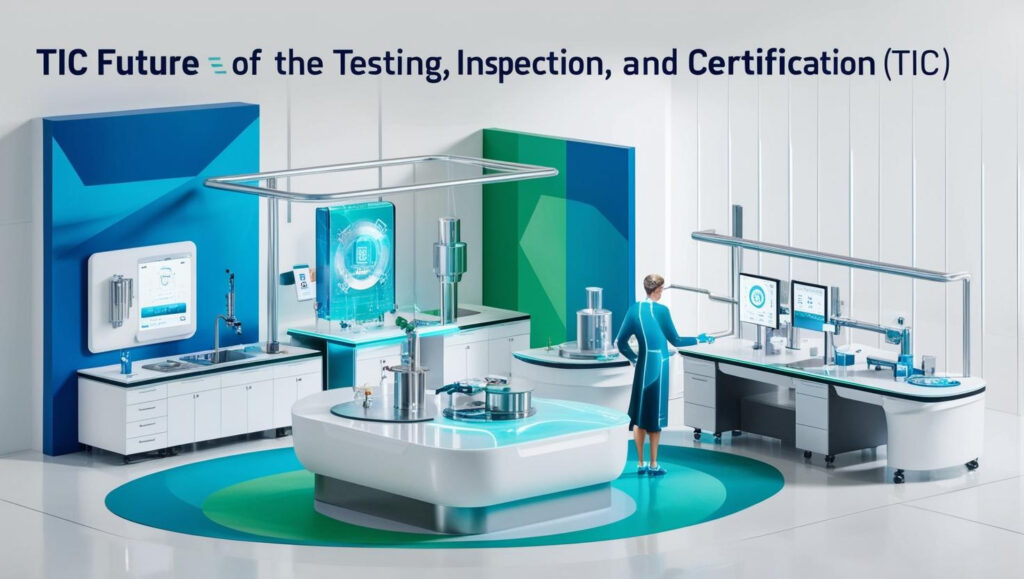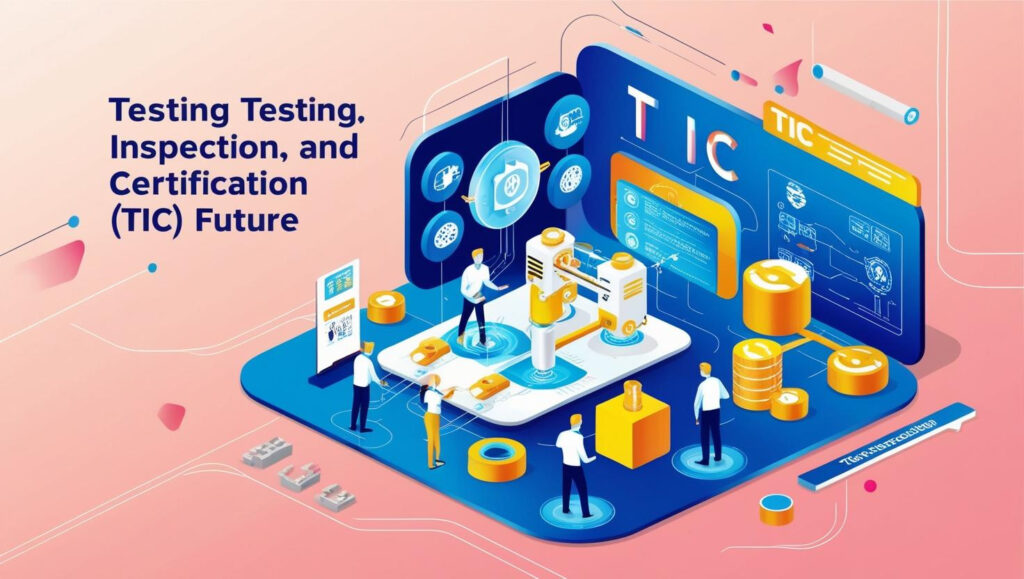The Testing, Inspection, and Certification (TIC) industry in the United States is on the cusp of significant transformation, driven by technological advancements, evolving regulatory landscapes, and shifting market demands. As industries strive for higher standards of quality, safety, and compliance, the role of TIC services becomes increasingly vital. This article explores the future trajectory of the TIC industry in the U.S., highlighting key trends, growth drivers, and potential challenges.
Download PDF Brochure @ https://www.marketsandmarkets.com/pdfdownloadNew.asp?id=5352498

Technological Advancements Reshaping TIC Services
The integration of cutting-edge technologies such as Artificial Intelligence (AI), the Internet of Things (IoT), and blockchain is revolutionizing TIC processes. AI-powered analytics enable predictive maintenance and early fault detection, enhancing operational efficiency. IoT devices facilitate real-time monitoring of equipment and infrastructure, allowing for continuous assessment and swift response to potential issues. Blockchain technology ensures transparent and tamper-proof certification records, bolstering trust and reliability in the certification process. These technological innovations not only improve the accuracy and efficiency of TIC services but also open new avenues for service offerings.
Emphasis on Sustainability and Environmental Compliance
With growing environmental concerns and heightened regulatory pressures, industries are increasingly prioritizing sustainable practices. The TIC sector is pivotal in verifying compliance with environmental regulations and standards, assisting companies in minimizing their ecological footprint. Services such as environmental impact assessments and sustainability certifications are gaining prominence, reflecting the broader societal shift towards environmental responsibility.
Evolving Regulatory Landscape and Compliance Requirements
The regulatory environment in the U.S. is becoming more complex, with stringent standards being implemented across various sectors to ensure public safety and product quality. This complexity necessitates robust TIC services to help businesses navigate compliance challenges effectively. Industries such as healthcare, automotive, and aerospace are particularly impacted, requiring meticulous testing and certification to meet both domestic and international standards.
Growth in Key Industry Verticals
Several industries are driving the demand for TIC services in the U.S.:
- Healthcare and Medical Devices: The healthcare sector is experiencing increased demand for medical device testing and pharmaceutical quality assurance due to stringent FDA regulations.
- Automotive: The rise of electric and autonomous vehicles necessitates rigorous safety and performance testing to meet regulatory standards.
- Aerospace and Defense: Manufacturers require comprehensive testing and certification to comply with stringent safety and performance criteria.

Market Growth Projections
The USA testing, inspection, and certification (TIC) market is expected to grow from USD 49.94 billion in 2025 to USD 55.66 billion by 2030, growing at a CAGR of 2.2%. This growth is fueled by factors such as technological advancements, increased regulatory requirements, and the globalization of trade.
Challenges Facing the TIC Industry
Despite the positive outlook, the TIC industry faces several challenges:
- Regulatory Complexity: The evolving regulatory landscape requires TIC companies to stay abreast of changes and ensure compliance across multiple jurisdictions.
- Cost Pressures: The need for advanced testing technologies and skilled personnel entails significant investment, potentially impacting profitability.
- Cybersecurity Risks: As TIC services become more digitized, the risk of cyber threats increases, necessitating robust cybersecurity measures to protect sensitive data.
The future of the Testing, Inspection, and Certification industry in the United States is characterized by technological innovation, a focus on sustainability, and the need to navigate a complex regulatory environment. By embracing digital transformation and expanding service offerings to meet evolving industry demands, TIC companies can position themselves for sustained growth and continue to play a crucial role in ensuring quality, safety, and compliance across various sectors.